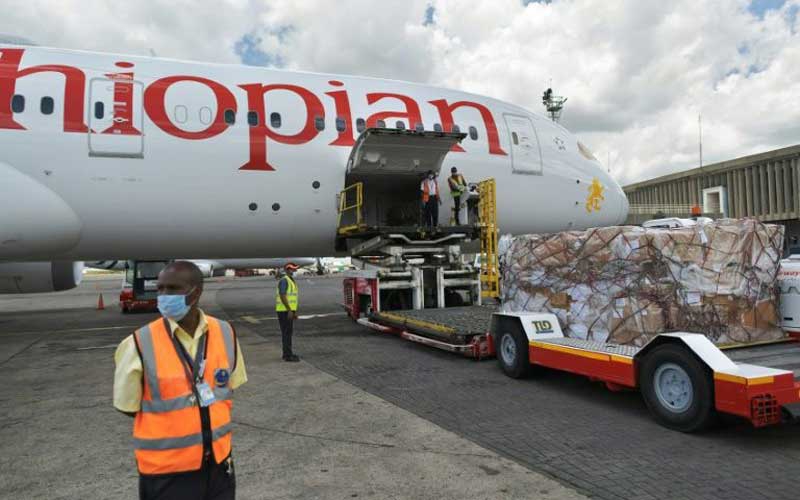×
The Standard e-Paper
Join Thousands Daily

Six months since the coronavirus pandemic upended the global airline industry, Ethiopian Airlines is facing a heavy toll: more than $1 billion in lost revenue, to say nothing of 850 infected employees.
Yet Tewolde Gebremariam, CEO of the state-owned airline and jewel of Ethiopia's economy, maintains the situation would have been far worse if it had not rapidly adapted to a 90 percent drop in international passenger traffic.